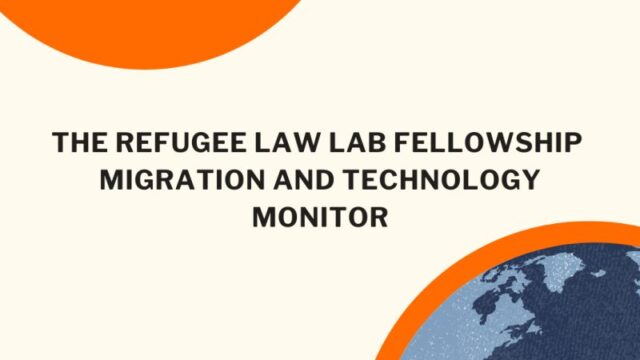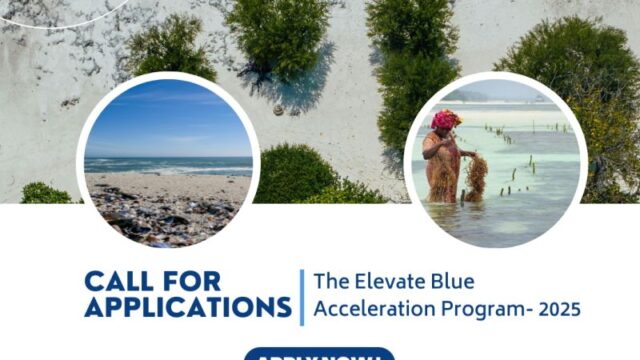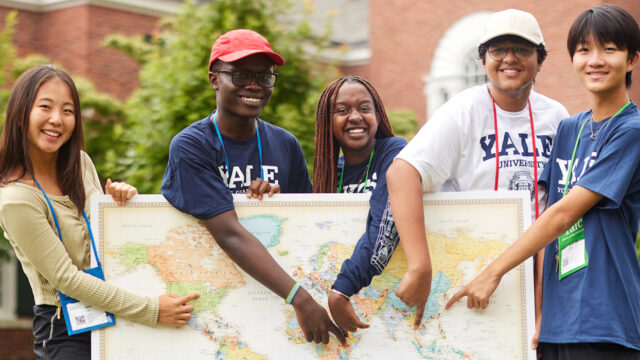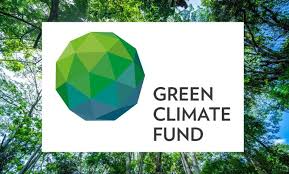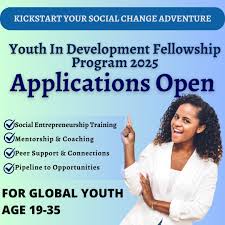GRANTS : Global Environment Facility Small Grants Programme (GEF SGP) is awarding grants of up to $50,000 for community-driven projects focused on biodiversity conservation, sustainable land management, and capacity development
Grants are given out competitively for initiatives carried out by civil society organisations under the Global Environment Facility Small Grants Programme (GEF SGP), which is run by the UNDP. This allows the organisations to support local empowerment and poverty reduction goals while taking up environmental projects.
Due to land degradation, climate change, and human activity, global environmental degradation continues unchecked in the World Heritage Site of the Kenya Lakes System in the Great Rift Valley, the maritime ecology of Southern Kenya in Kwale County, and the desert rangelands of northern Kenya. Communities and community organisations that work to address these issues are hindered by weaknesses in their organisational capacities from working together to sustain and build the resilience of these socio-ecological landscapes. Habitat destruction, climate change, and biodiversity loss have detrimental effects on poor rural and coastal communities that depend on local resources.
The Seventh Operational Phase of the GEF Small Grants Programme in Kenya seeks to address this issue by enabling communities and organisations to take collective action through a participatory approach to landscape planning and management. This approach aims to enhance socio-ecological resilience by generating benefits for both local and global sustainable development as well as the environment. The project will accomplish this by enhancing civil society's ability to create resilient landscapes through the development of planning and organisational skills, technical expertise, innovation and experimentation capacities, and stronger adaptive management capabilities.
Together with smaller, local initiatives, the project will also fund strategic projects that will increase knowledge, capacity, and create synergies in order to create long-term ecological, social, and economic resilience in landscapes. In order to attain landscape-level resilience, this project seeks to increase the number of practitioners and foster synergies, coordination, and collaboration among local actions. In order to address the unique needs of women, youth, and indigenous communities—vulnerable subgroups that frequently find themselves marginalised in social processes—the project is devoted to supporting their initiatives, which are both productive and sustainable, and to boosting their involvement in multi-stakeholder structures.
Project Goal
Through community-based activities in specific environmentally sensitive areas of Kenya, the project aims to maintain and improve the socio-ecological resilience of chosen landscapes and seascapes for the benefit of sustainable development and the environment worldwide.
Two components will be used to deliver the GEF-funded alternative:
Component 1: Resilient rural landscapes for global environmental protection and sustainable development
Component 2: Adaptive management and landscape governance for replication and upscaling
Proposals that are in line with Component 1's three outcomes and Component 2's single outcome are sought by SGP. A summary of the results may be seen below. Annexe 1 highlights examples of the kind of projects that will be funded under each output.
As part of Component 1, the following results are expected:
1.1 Multifunctional land-use systems improve biodiversity and ecosystem services in selected landscapes and seascapes.
The initiative acknowledges that better and integrated land use, while maintaining connection, is one of the most efficient ways to include different tiers of the community and government. This entails methods for restoring damaged ecosystems, encouraging a consensus regarding the value of ecosystem services and the optimal ways to manage them, and supporting more efficient and sustainable land use.
1.2: Integrated agro-ecological techniques enhance the sustainability of production systems in the target areas.
The project recognises that agriculture provides a means of entry through which livelihoods may be supported and sustainability measures can be promoted. Additionally, there is opportunity for innovation and the exchange of best practices in this industry. Agriculture is the most pertinent sector to address because it is directly related to livelihoods, sustenance, a connection to the land and traditions, a sense of community, and the use of natural resources, especially since the project is primarily focused on rural communities.
1.3 Development of small-scale, climate-adaptive, eco-friendly community enterprises with distinct market links improves the livelihoods of communities in the target landscapes and seascapes.
Through the promotion and expansion of sustainable firms, the project aims to improve the standard of living in communities. The communities covered by this project offer a wide range of local activities that could have a stronger positive impact on the environment and socioeconomic conditions due to their rich cultural heritage and varied landscapes. To make initiatives viable, these businesses require support with business strategy, organisational development, and accompaniment. They also need the chance to test out different initiatives to determine which can be successfully run by the communities and which can be controlled by them.
Additional Information
experience in environmental conservation, natural resource management and/or
sustainable development. A civil society organization that is not registered, may apply
through their trusted partner.
● Be directly responsible for the preparation and management of the project, i.e., not acting
as an intermediary.
● Have a bank account.
● Women and youth-led organizations, especially Indigenous, are strongly encouraged to
apply.
● Indicate linkages with county integrated development plans.
GRANTS : Global Environment Facility Small Grants Programme (GEF SGP) is awarding grants of up to $50,000 for community-driven projects focused on biodiversity conservation, sustainable land management, and capacity development 0 reviews
Login to Write Your ReviewThere are no reviews yet.


